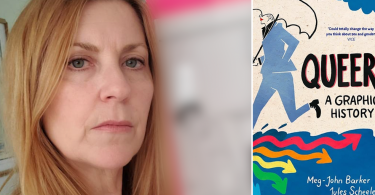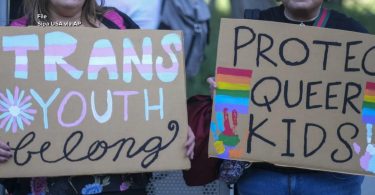Just a day after Georgia passed a controversial anti-LGBTQ law, prominent trans woman and TV personality Kesaria Abramidze was brutally murdered in her home, leaving the LGBTQ community in deep mourning.
A 26-year-old man, reportedly her partner, has been arrested and charged with aggravated murder based on gender identity for killing Abramidze, one of Georgia’s first openly trans public figures.
The murder occurred just one day after the Georgian parliament passed a law significantly restricting LGBTQ rights, allowing authorities to ban Pride events, censor LGBTQ symbols like the rainbow flag, and limit media content on LGBTQ issues.
Though the motive may appear personal, critics argue that the law fosters an atmosphere of hate and intolerance and reflects the increasingly hostile environment created by the government’s anti-LGBTQ policies.
“There is a direct link between political rhetoric using hate speech and hate-motivated violence. The political homophobia cultivated by the ruling party has led to this tragic outcome,” said the Social Justice Center, an NGO focusing on human rights.
President Salome Zourabichvili condemned the murder, calling it “a horrific murder! A denial of humanity!”
“Let this beautiful young woman’s death serve to awaken us … May this tragedy not be in vain,” the president wrote.
Abramidze had previously spoken out about her struggles with domestic violence. In April, she revealed that she had been in a toxic, abusive relationship for nearly two years, which had forced her to withdraw from the public eye.
“I was manipulated and abused, which is why I disappeared from television screens… I left the country to escape this difficult situation,” she wrote.
Her murder has intensified calls for action against gender-based violence in Georgia.
In Georgia, LGBTQ rights are a deeply divisive issue. Polls show widespread disapproval of same-sex relationships, and the constitution explicitly bans same-sex marriage. Tbilisi’s annual Pride marches have been marred by violent attacks from far-right groups.







